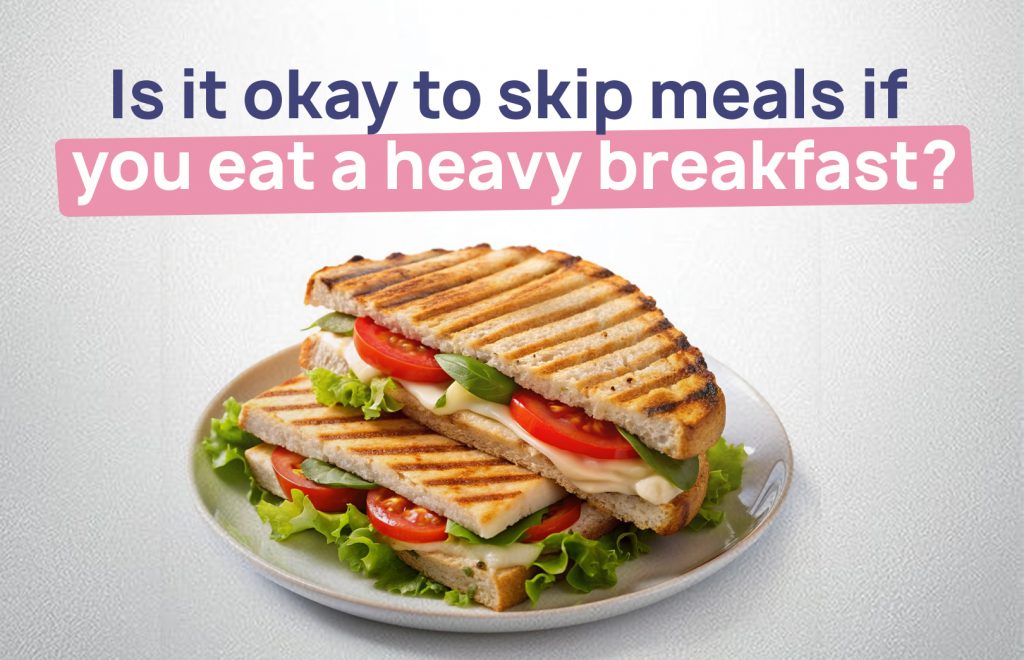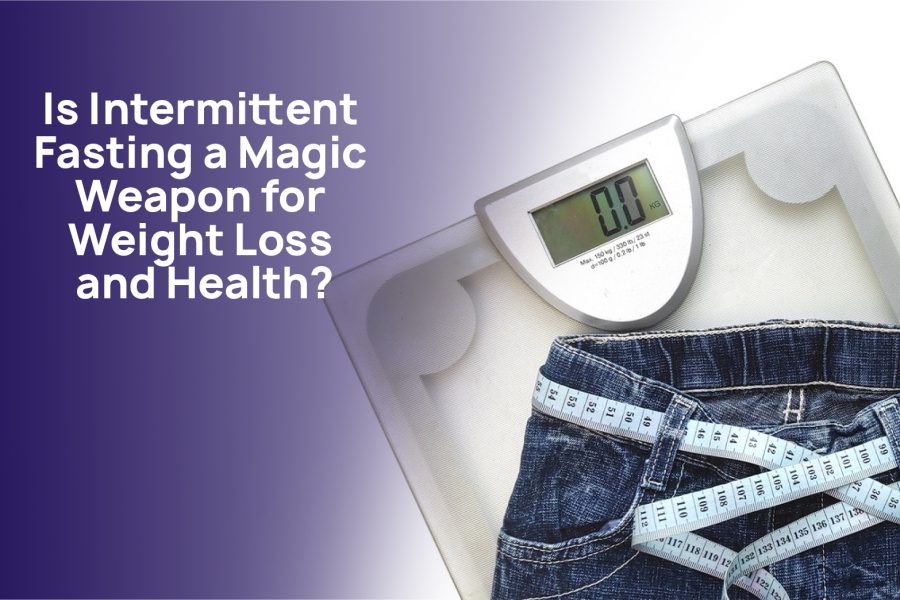
heavy breakfast , “Eat breakfast like a king, lunch like a prince, and dinner like a pauper” goes the old saying. This age-old adage has been instilled in our minds as a guide for a balanced and healthy diet. However, the modern way of life has drastically changed since those feudal times when this wisdom was coined. With more sedentary lifestyles and ever-increasing demands on our time, is it still relevant to follow this age-old advice? Is it okay to skip meals if you have a heavy breakfast?

This article aims to debunk the myth of skipping meals after a heavy breakfast and emphasizes the importance of spreading calorie intake throughout the day to maintain balanced nutrition and avoid potential issues like hyperacidity. Let’s explore this topic.
Evolving Lifestyles and Eating Patterns:
Our lifestyles have significantly changed since the feudal times when this saying originated. Nowadays, many individuals spend long hours sitting at desks or engaging in sedentary activities. This reduced physical activity level affects our calorie requirements and the timing of our meals. Instead of relying solely on a heavy breakfast, it is crucial to consider our overall daily calorie needs and distribute them appropriately.

What are the dangers of skipping meals?
Skipping meals, even after having a substantial breakfast, can have several negative consequences for your health. One of the most prominent concerns is the potential for overeating at later meals. When you deprive your body of the necessary fuel during the day, you may experience intense hunger later on, leading to poor food choices and overconsumption.
Moreover, long gaps between meals can lead to hypoglycemia (low blood sugar), which can result in symptoms like weakness, dizziness, and irritability. Hypoglycemia can also affect your cognitive function and overall mood, which can impair your ability to concentrate and work efficiently.
Read more :
- how do you know which diet is right for you
- 10effective hacks and tips for exercise fitnessand working out
- does your metabolism decrease during a period of fat loss
The Importance of Spreading Calorie Intake:
Instead of skipping meals, it’s advisable to spread your calorie intake throughout the day. This ensures a steady supply of energy and nutrients to your body. Consider having a moderate-sized breakfast that includes a balanced mix of macronutrients – carbohydrates, proteins, and fats. Follow this with a wholesome lunch and a light dinner. Include healthy snacks between meals to keep your energy levels stable and avoid overindulging.
Individual Caloric Needs:
Each person has unique caloric requirements based on factors such as age, gender, activity level, and metabolism. It is essential to consult with a registered dietitian or nutritionist to determine the appropriate calorie distribution and meal timing that best suits your specific needs and goals. They can help create a personalized eating plan that promotes a balanced intake of nutrients throughout the day.
Conclusion:
While starting the day with a substantial breakfast is beneficial, it is not an excuse to skip subsequent meals. Our modern lifestyles and dietary needs require us to distribute our calorie intake throughout the day. Skipping meals can lead to nutrient imbalances and potential digestive issues like hyperacidity.
To maintain a balanced diet, it is important to consult with a registered dietitian or nutritionist, practice mindful eating, and focus on portion control. By adopting a well-rounded approach to meal timing and nutrition, we can support our overall health and well-being.






